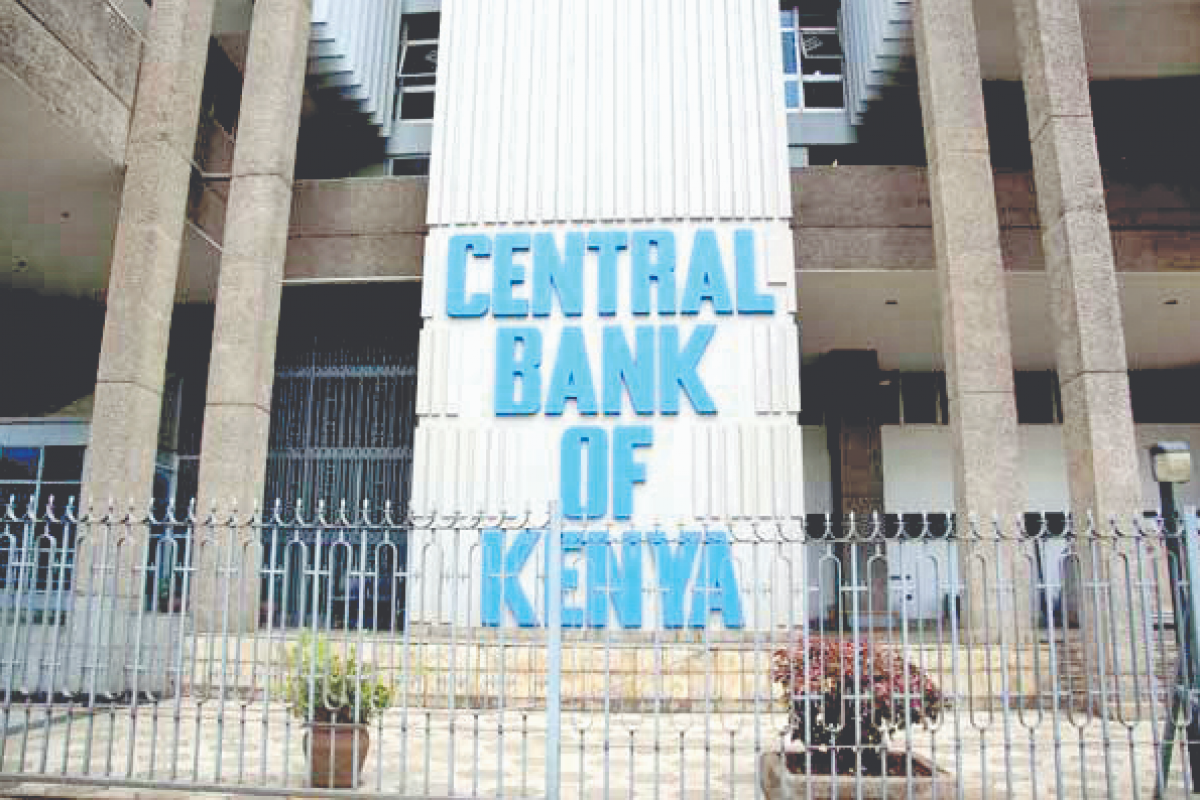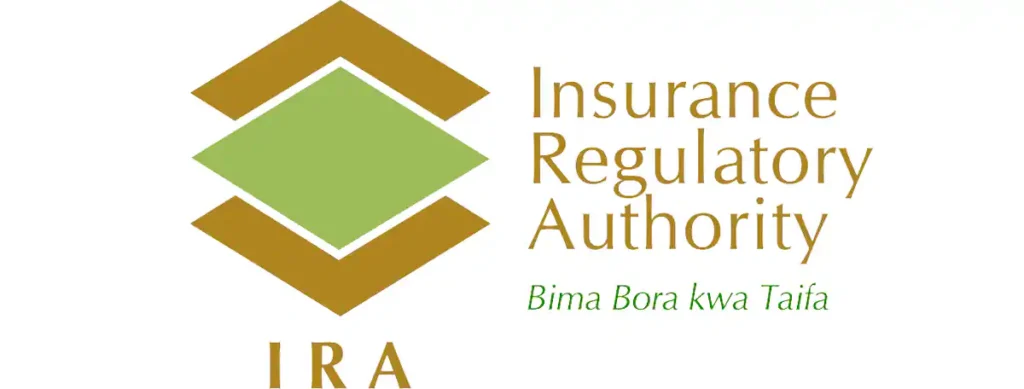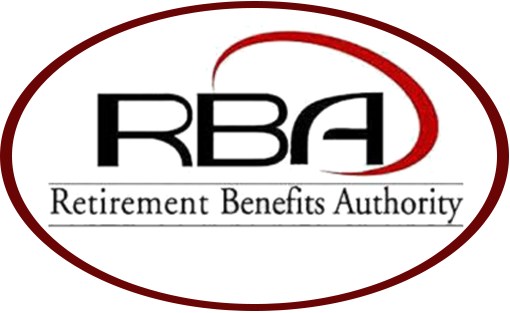
A vital part of Kenya's economy is its financial system, which includes industries like capital markets, banking, insurance, pensions, and savings and credit cooperatives (saccos). Kenya depends on a strong regulatory system supervised by five essential financial authorities to uphold stability, safeguard consumers, and foster economic progress.
In order to promote a robust and inclusive financial environment, these organizations, the Central Bank of Kenya (CBK), the Capital Markets Authority (CMA), the Insurance Regulatory Authority (IRA), the Retirement Benefits Authority (RBA), and the Sacco Societies Regulatory Authority (SASRA) play distinctive but complementary roles.
-
Central Bank of Kenya (CBK)

As the monetary authority and principal supervisor of the banking industry, the Central Bank of Kenya (CBK) is the cornerstone of Kenya's financial regulation. The CBK, which was founded in 1966 by the Central Bank of Kenya Act, is responsible for developing and carrying out monetary policy in order to maintain price stability. Furthermore, by regulating banks and other financial institutions, it promotes the liquidity, solvency, and appropriate operation of a market-based financial system. The CBK is essential to preserving economic stability because it creates money, manages foreign exchange reserves, and functions as the government's banker and fiscal agent.
-
Capital Markets Authority (CMA)

The task of overseeing and growing Kenya's capital markets falls to the Capital Markets Authority (CMA). The Capital Markets Act created the CMA, which is responsible for managing central depository systems, the Nairobi Securities Exchange, and other regulated organizations. Its main duties are to license and oversee these organizations in order to maintain a market that is efficient, equitable, and well-organized. The CMA encourages long-term investments and expands access to stock market services across the country, supporting the expansion of capital markets as a key pathway to wealth generation and economic progress.
-
Insurance Regulatory Authority (IRA)

Kenya's insurance sector is governed by the Insurance Regulatory Authority (IRA). The Insurance Act (Amendment) 2006 established the IRA, a statutory government organization tasked with overseeing, regulating, and encouraging the growth of the insurance industry. It protects the interests of policyholders by ensuring that insurance companies follow the law and ethical business practices. The IRA helps people and businesses across maintain financial security by promoting a stable and competitive insurance market.
-
Retirement Benefits Authority (RBA)

Kenya's pension and retirement benefits industry is governed by the Retirement Benefits Authority (RBA). The RBA, which was founded in 1997 under the Retirement Benefits Act, grants licenses and oversees retirement benefit plans and the companies that provide such services. Its main goal is to safeguard sponsors' and plan members' interests by making sure pension funds are managed responsibly and openly. The RBA has a more important role in ensuring long-term financial well-being as Kenya's population ages and the demand for retirement planning increases.
-
Sacco Societies Regulatory Authority (SASRA)

Saccos, or savings and credit cooperative groups, are essential for financial inclusion in Kenya and are governed by the Sacco Societies Regulatory Authority (SASRA). Established under the Sacco Societies Act of 2008, SASRA oversees the operations of saccos and grants licenses for them to take deposits in order to safeguard the interests and savings of its members. Saccos provide easily accessible financial services to a significant segment of Kenya's population, especially in rural areas. These cooperatives' contribution to economic empowerment is increased by SASRA's supervision, which guarantees their sustainable operations.
The foundation of Kenya's financial regulatory system is made up of the CBK, CMA, IRA, RBA, and SASRA. To ensure legal compliance, financial stability, and consumer safety, each regulator focuses on a certain industry, such as banking, capital markets, insurance, pensions, and saccos. Together, they produce a robust financial system that stimulates economic growth and fosters public and investor trust. Their ability to adjust to a changing financial climate is demonstrated by recent initiatives like SASRA's participation in financial inclusion programs and the RBA's planned changes to pension legislation. These five regulators make sure Kenya's financial sector stays competitive, inclusive, and advantageous to the country's economy and people by striking a balance between innovation and regulation.
.png)










